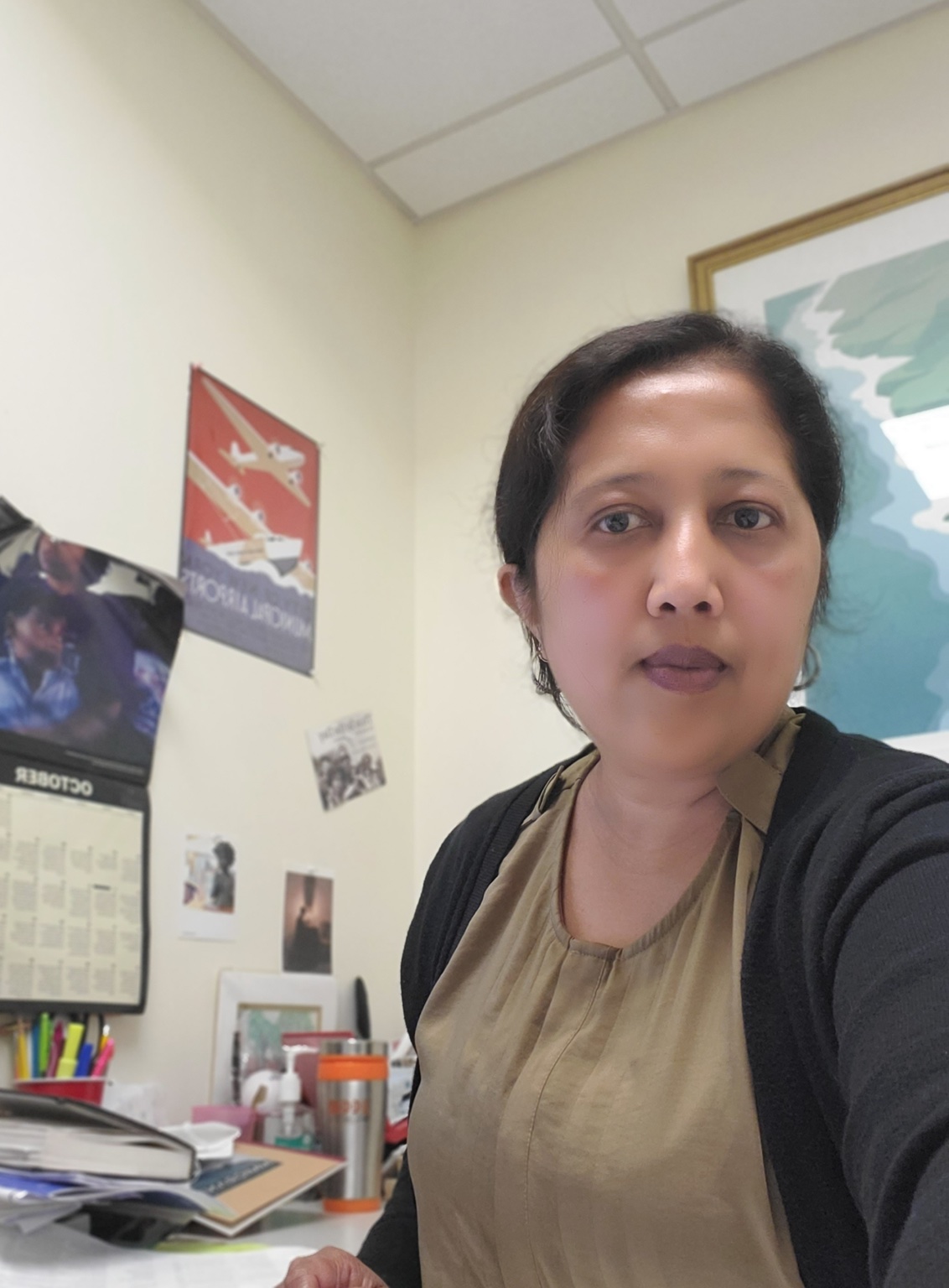Your name, current work place and position (for students, please tell us what school you’re attending and if you have chosen a specialization):
Elizabeth Joseph. Associate Director, Community Engagement. Ferguson Library. Stamford, CT
Where did you attend school for your MLIS degree?
Queens College. Queens, NY
How long have you been an APALA member? Why did you first join? Are you currently involved as an APALA officer/committee member/other volunteer?
Going on two years. A longtime friend who is an APALA member told me how APALA feels like home to her. It stayed with me. I joined when I saw the opportunity to serve as a mentor to a protégé – I decided that this would be a great way to give back, to provide insights and share my experiences so that someone could succeed where I couldn’t. My friend was right, APALA does feel like professional home.
I am currently co-chairing the mentorship committee.
We’re very interested in the diversity of ethnic/cultural heritage within APALA. Please share your ethnic/cultural heritage with us and any other background information, as desired.
I am South Asian.
What aspects of librarianship are key to your personal satisfaction at work? Please share some of your professional goals and interests.
I became a librarian because I am a creative with strong roots in community activism. Librarianship affords me the opportunity to pursue both those passions. I don’t approach my work through a deficit lens. To me it’s not about providing survival services to those without, it’s about celebrating the gifts of art, music, dance, and literature. I think that libraries have to be cultural centers for immigrant groups who are looking to find their place in this country. That’s what I strive to do, provide a space where those artistic traditions are not only kept alive but also flourish.
Is there anything else you’d like to add?
It’s hard for people to imagine how much power librarians have. We have the ability to shape the present and future of the communities we serve. We cannot take this responsibility lightly. We have to bring our whole selves to this calling. It’s our moral duty as children of immigrants to make this a more equitable and just world because the privilege we have is on the backs of our Black and Latinx brothers and sisters. Those of us in this profession must ensure that those who come after us find a profession that is not only inclusive and welcoming, but one that truly moves us from invisible to seen. We have to create a culture where our identities and contributions are recognized and valued.

